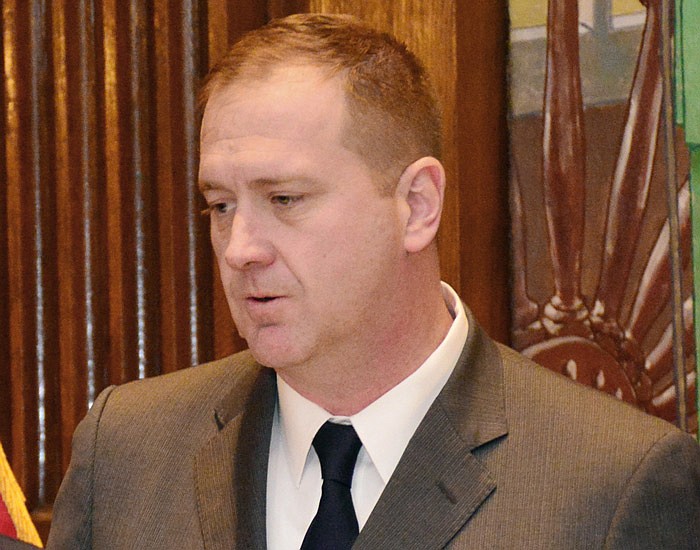A coalition of 10 state attorneys general, led by Missouri Attorney General Eric Schmitt, filed a legal brief Monday urging the U.S. Supreme Court to reverse a decision by the Pennsylvania Supreme Court to allow mail-in ballots to be received three days after Election Day, even without postmarks, Schmitt said in a news release.
The case is listed as Republican Party of Pennsylvania v. Boockvar. Kathy Bockvar is the Secretary of State of Pennsylvania and is in charge of elections.
Along with Missouri, attorneys general from Alabama, Louisiana, Arkansas, Mississippi, Kentucky, South Carolina, South Dakota, Texas and Florida also signed on to the brief.
The brief the attorneys general filed is known as an "amicus brief." By definition this is a "friend of the court," someone who is not a party to a case who assists a court by offering information, expertise or insight that has a bearing on the issues in the case. These briefs are frequently filed by a person or group who is not a party to an action but has a strong interest in the matter. They are petitioning the court for permission to submit a brief in the action with the intent of influencing the court's decision.
The Pennsylvania high court issued an order Friday to all county boards of election that all ballots received by mail after 8 p.m. on Election Day be segregated and kept "in a secure, safe and sealed container separate from other voted ballots," according to court records. Also, all such ballots, if counted, were to be counted separately. Schmitt and the other attorneys general said the ruling also requires the state to count absentee ballots that arrive up to three days after Election Day as long as they are not clearly postmarked after Election Day.
Schmitt said the brief he and the other attorneys general filed makes three main arguments: First, that the Pennsylvania Supreme Court overstepped its authority and encroached on the authority of the legislature in ruling that ballots received three days after election can be accepted, including ballots with an illegible postmark or no postmark at all. Second, that voting by mail can create risks of voter fraud. Third, that the Pennsylvania Supreme Court decision exacerbated these risks of absentee ballot fraud.
Additionally, Schmitt said, the brief cites previous examples of voter fraud by mail in or absentee voting, including some Missouri cases:
In November 2019, Berkeley Mayor Ted Hoskins was indicted on five felony counts of absentee ballot fraud. Hoskins allegedly went to the homes of elderly residents to get absentee ballots and then altered the ballots.
A 2016 race for a Missouri House seat was overturned and a special election was ordered after allegations of absentee ballot fraud surfaced.
Lastly, the brief notes recently decided Missouri election cases that dealt with potential election fraud, including Missouri State Conference of the NAACP v. State of Missouri.
The Missouri Supreme Court decided Oct. 9 that the notary requirements for absentee and mail-in ballots do not violate the constitutional right to vote. The court ruled the Missouri Constitution establishes the right to vote is fundamental to Missouri residents, but the right to vote absentee does not enjoy such high status. As a result, restrictions placed on mail-in balloting do not violate the fundamental right to vote because mail-in balloting is not a fundamental right under the Missouri Constitution.
Schmitt noted the ruling also stated, "Fraud in voting by mail is a recurrent problem, that it is hard to detect and prosecute, that there are strong incentives and weak penalties for doing so, and that it has the capacity to affect the outcome of close elections."

